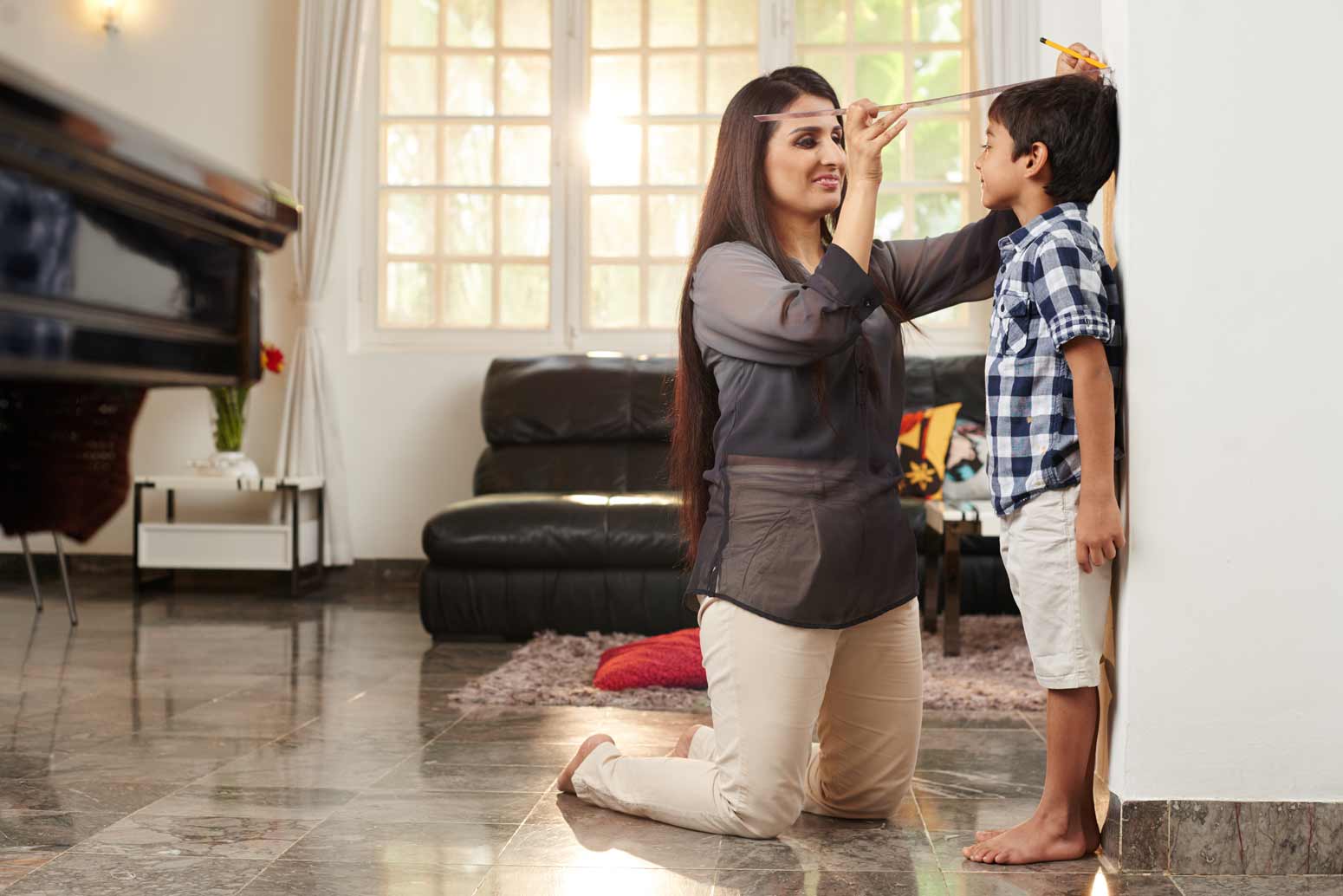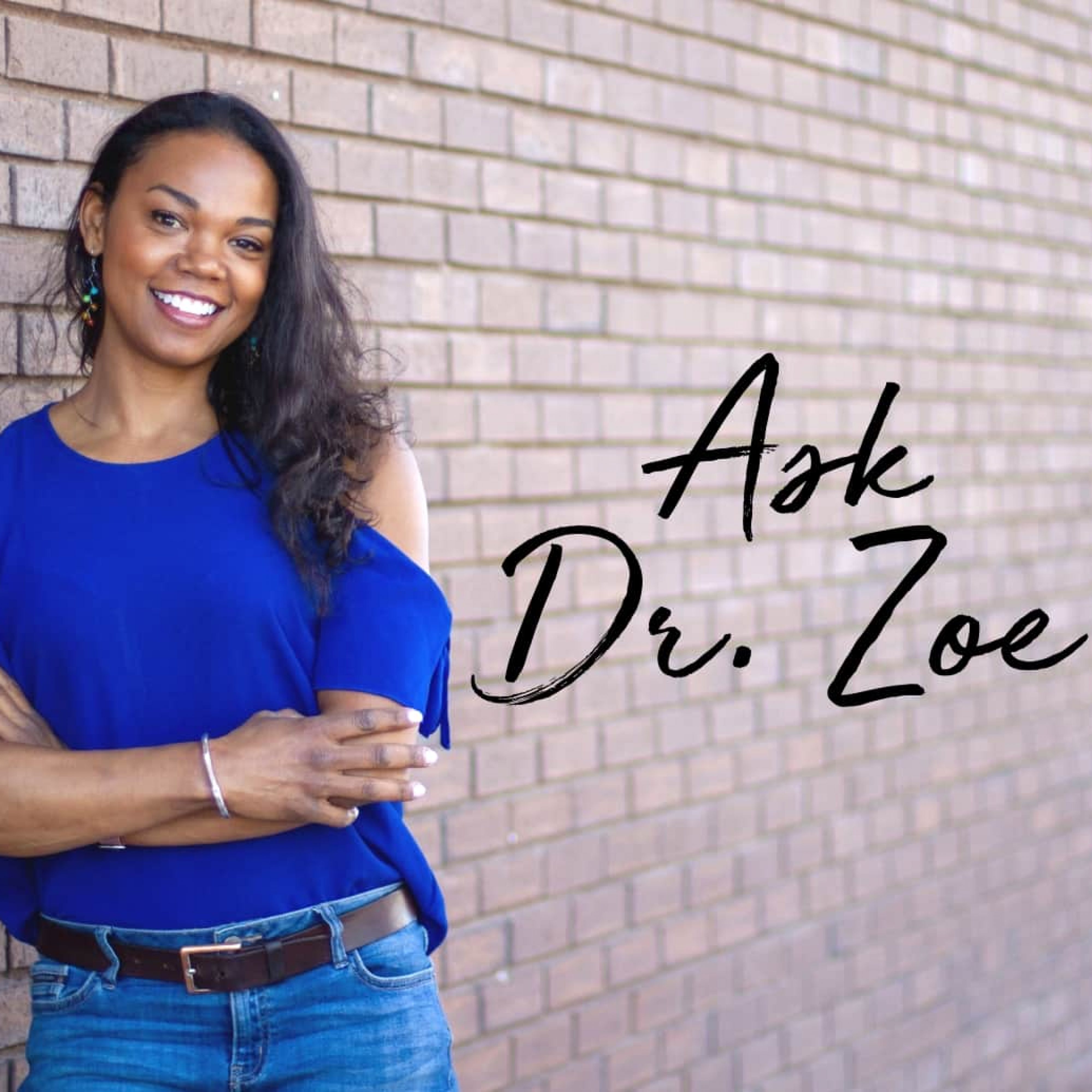‘Hoping to get Healthy’ Asked:
Lately, I’ve come to terms with the fact that I struggle with codependency. I still have some shame associated with that title but I’m ready to embrace it so I can overcome it! I had a very difficult childhood, and I don’t know my Dad and I’m pretty sure both played a big role in developing these coping mechanisms. What are some tips you’d give to someone who realizes they are codependent and wants to change?
Dr. Zoe Answered:
There is no shame in honestly acknowledging who and what you struggle with. I’m so glad you are ready to embrace your co-dependency issues. Now, the healing can begin!
Yes, you are so right that your experiences in childhood play a huge role in creating the lens through which you see the world and the way that you react to what you see.
Here are some signs of co-dependency:
– Having a hard time saying no
– Having poor boundaries
– Emotional reactivity
– Always feeling compelled to take care of people
– A need for control, especially over others
– Trouble communicating honestly
– Fixating on mistakes
– A need to be liked by everyone
– A need to always be in a relationship
– Denying one’s own needs, thoughts, and feelings
– Intimacy issues
– Confusing love and pity
– Fear of abandonment
(Lancer, 2016; Mental Health America)
The first step towards change is to understand what a healthy relationship is like to begin with. A healthy relationship is interdependent and heavily weighed on independence.
A healthy relationship includes boundaries, communication, trust, and consent.
In a healthy relationship, neither partner expects the other to be the complete source of all of their needs. Both partners understand that they are each responsible for their own individual happiness and their role is to support the other partner in their journey.
In a healthy relationship, neither partner is trying to fix the other. There is a freeing sense of acceptance—faults and all.
There is reciprocity in a healthy relationship. No one person is carrying all the burden and although each may have different roles, everyone’s role is equally respected. Both people consider the relationship to be a partnership.

In a healthy relationship, each partner acknowledges and honors the other’s boundaries. If you think that boundaries shouldn’t exist in a close relationship, such as a marriage, you have co-dependent thinking! Boundaries are just another way to say I respect you and I respect me.
In a healthy relationship, there is honest communication. Both people feel enough trust and freedom to share honestly and openly with the other.
In a healthy relationship, both people make themselves, their individual needs, and their self-care a priority. They do not continually neglect themselves in order to try to make the other person happy.
In a healthy relationship, both people make the relationship a priority. They consult each other before making big decisions and consider the other when making plans.
For some, this may sound contradictory, but when both are making themselves and the relationship a priority, everyone wins.
Boundaries in a relationship are just another way to say I respect you and I respect me.
In a healthy relationship, partners aren’t afraid of disagreements. Because each is their own person, there is room for and a healthy respect of a difference of opinion.
The basis for a healthy relationship is a genuine enjoyment of each other’s presence. They are not together for financial, familial, physical, or societal reasons. There is an intrinsic desire to be in the company of the other.
If you know you have co-dependent thinking and you want to change, start with getting honest with yourself about your behaviors and evaluating your relationships based on the list above. If you recognize that your relationships are missing some or most of these components, choose the one that resonated with you most and work on changing that one aspect towards health.
Changing too many components at once can be overwhelming. Remember that your co-dependence evolved for a reason, usually based in childhood. Your co-dependent behavior protected you and it did a great job or you wouldn’t have continued it. It’s not working for you now because it’s a survival behavior, a first aid kit. It’s only meant to keep you alive, not to sustain you. And you deserve to be sustained!
An easy tip for getting honest with yourself is to write down some of your relationship issues. Wait a day and then read it as if your friend had written the letter to you. Name your friend, give her a voice, and imagine her voice when you read the letter. What do you see? What would you tell her? Maybe you should listen to your own advice. We often see things much more clearly when they aren’t our own issues.
I can’t fix your co-dependency in one article, but here is a great resource for understanding your co-dependency behaviors and learning how to combat them.
Codependency: What Are The Signs & How To Overcome It
Congratulations for taking the first step. You’ve got this! It just takes a little grit and grace!
Dr. Zoe explains further in this video:
—
Don’t miss these popular articles:
Establishing Healthy Boundaries in the Grit and Grace Life
True Beauty is Found in a Woman’s Strength
5 Fresh Ways to Work on Your Marriage (When He Isn’t)
7 Easy Swaps to Make Your Meals Clean and Healthy
5 Important Things to Discuss as a New Couple
When Others Minimize the Pain of Your Miscarriage
3 Positive Things to Focus on When You Feel Unlovable
#gritandgracelife
You’ll love this podcast episode from This Grit and Grace Life: How to Feel Your Emotions in a Healthy Way With Dr. Zoe Shaw – 075!














